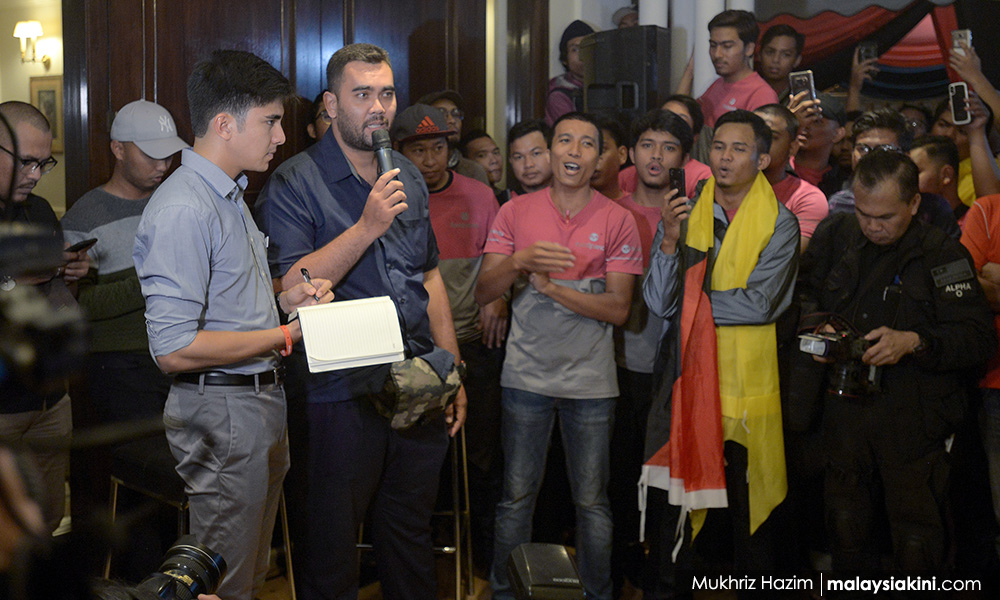Regulating the gig economy

Last week, hundreds of riders of online food delivery service Foodpanda staged protests against the new payment scheme announced for them by the company.
The riders claimed that the new scheme would decrease their earnings, although the company claims otherwise.
The protests have caught national attention. So much so that Youth and Sports Minister Syed Saddiq Syed Abdul Rahman took on the issue and met with both the company’s representatives, as well as the aggrieved riders.
Human Resources Minister M Kulasegaran also looked into the matter and promised to raise it in the cabinet.
The cabinet subsequently discussed the matter and collectively suggested that Foodpanda reverts to the original payment scheme for its delivery riders.
For the long-term plan, the cabinet has also decided that the Youth and Sports Ministry, together with the Human Resources Ministry and the Domestic Trade and Consumer Affairs Ministry, form a special committee to look into the issue of the gig economy.

Some have argued that that the government should not intervene in the decisions of individual companies, but rather focus on developing the overall business environment.
While this is generally true, and although the Foodpanda issue concerns only a few hundred riders throughout Malaysia, it is representative of the larger issue of whether there is a need to regulate the gig economy.
For example, these riders are not employees of Foodpanda. They are not in a contract for employment, so they cannot bring their dispute to the Labour Office or Industrial Court. Legally, there is little recourse available to them.
We must recognise that in Malaysia, people go to the gig economy not because of its flexibility or low bar to entry, but because there are not enough jobs with decent wages out there. A lot of these riders do so because they have no other choice.
While the government should not intervene with every commercial dispute, in this specific case, since there is little legal recourse available, there is an expectation that the government should at least listen to both parties and try to mediate the dispute.
Regulations are needed to ensure that the welfare of those involved in the gig economy is protected. Other than that, regulations should also seek to put a cap on the commission that a company can charge for these gig economy services, such as the cap of 20 percent for ride-hailing services.
Of course, there cannot be ‘over-regulation’ either. Finding the right balance is key. The gig economy cannot be stifled with too much government intervention and must have a degree of flexibility available.
Once we understand why people go to the gig economy in Malaysia and who are the people involved, it is easier to understand why there is the need to have some form of regulation.
People may be vulnerable to exploitation and the government should ensure that this does not happen.
Yet, at the same time, the government should not neglect to look at the larger issues plaguing employment in Malaysia - not enough jobs with decent wages, and to increase wages.
These issues take longer to address, but it is important that the government tackles them. Only then will the gig economy truly be a choice for many people, and not a necessity.
SYAHREDZAN JOHAN is a civil liberties lawyer and political secretary to Iskandar Puteri MP Lim Kit Siang. - Mkini
✍ Credit given to the original owner of this post : ☕ Malaysians Must Know the TRUTH
🌐 Hit This Link To Find Out More On Their Articles...🏄🏻♀️ Enjoy Surfing!



















Post a Comment